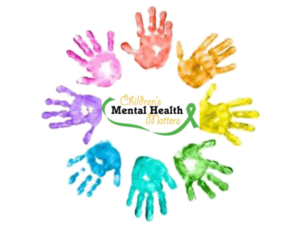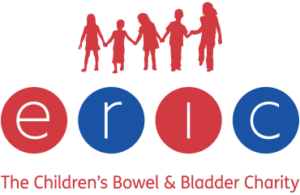Parent Support
In school we often hear how children behave very differently at home. The rules, routines and expectations of the school day, along with our Zones of Regulation strategies, help children in their ability to manage their emotions.
We do know however that in spite of the pastoral work we do in school these positive behaviours are not always reflected in the home environment. We often hear of children ‘letting it all out’ when they leave school. The BBC as part of their Parents’ Toolkit say:
‘This type of behaviour is what some psychologists refer to as ‘after-school restraint collapse’ and it’s not unusual. It happens because your child has been busy managing their emotions all day as they navigate the complexities of school life.’
Here they offer five tips to support the after-school ‘meltdown’ : https://www.bbc.co.uk/bitesize/articles/z863cxs
Other behaviours may be more constant and we have gathered a range of training and information that may help parents and their children. Most of these can be accessed directly without the need for a referral or diagnosis of any kind.
Parents’ Toolkit
BBC Bitesize Parents’ Toolkit is the place for mums, dads, carers, and the whole parenting community to find stories, expert advice and fun activities that will help you support your child in a changing world.
Place2Be
Parenting advice from our child mental health experts. Practical tips to support children’s wellbeing and behaviour. Including friendship issues, sibling rivalry, not wanting to go to school, anxiety, resilience.
Early Help
We provide services that can be accessed at a time and place that suits families to help them to do well, stay safe and resolve problems at the earliest possible opportunity, before they become more serious.
Early Help means taking action to support a child, young person or their family early in the life of a problem or as soon as it emerges.
Kent Resilience Hub
The Kent Resilience Hub has pulled together a variety resources that will help parents and carers support their children and young people’s emotional growth and mental health.
Courses and Workshops
Family Learning Parenting courses
Our parenting courses are not about being a perfect parent – more about discovering that other people’s experiences are the same. Parenting courses are not intended to be interventions and the tutor will not tell parents ‘how it’s done’. Rather, they are discussion-based with time to share experiences, ideas, concerns and possible solutions.
Online parent courses from the NHS
Understanding your child, helping to build loving and close relationships between children and their carers. These courses are available in 15 to 20 minute chunks and in a variety of languages.
KCC training opportunities
If you have a child or young person with special educational needs and disabilities (SEND), you may need extra guidance and support.
Family Lives
Our free online parenting courses are a great way to get advice and learn new skills in the comfort of your own home and at times to suit you. All of our courses are filled with helpful techniques and ideas that we are sure will help you become a confident and happy parent.
Therapies and Further Resources
NHS Children’s Therapies
Welcome to The Pod! Here you will find films, resources and links that can help your child achieve their therapy goals. (Speech and Language Therapy, Physiotherapy, Occupational Therapy).
ERIC
The Children’s Bowel & Bladder Charity is the UK’s leading charity supporting all children and teenagers with a bowel or bladder problem.

Attention Deficit Hyperactivity Disorder (ADHD) Resources

Online Safety Resources
Cyberbullying
Key Advice for Parents/Carers on how to deal with Cyberbullying:
Your child is just as likely to be a bully as to be a target. Be alert to your child being upset after using the internet/phones – they may be secretive, change relationships with friends
Talk to your child and understand how they are using the internet and their phone
Use safety tools and parental controls – if you’re not sure how, contact your service provider. Please note tools are not always 100% effective
Remind your child not to retaliate
Work with the school to resolve the issue if other pupils are involved
Keep any evidence of Cyberbullying – emails, Online Conversations, texts, screen prints of sites/chat messages – try and include time/date etc
Report the Cyberbullying:
Contact the service provider to report the user and remove content
Contact the school so they could take action if it involves another pupil
If the cyberbullying is serious and a potential criminal offence has been committed then consider contacting the police.
Do you ever check whether the internet site your child goes on is both appropriate and safe for them?
Do you check to see what age restrictions apply?
If you would like ay further guidance on keeping your child safe online, O2 offer a range of Online Safety Resources which can be found here: 02 | Online Safety Resources

More Information
Further individual curriculum resources can be found on each of our curriculum pages.







